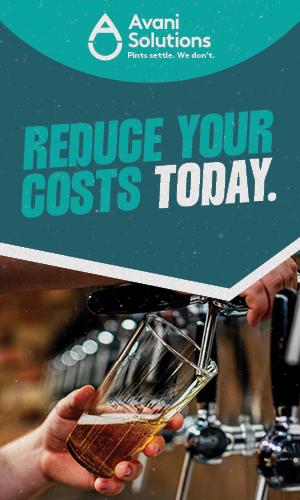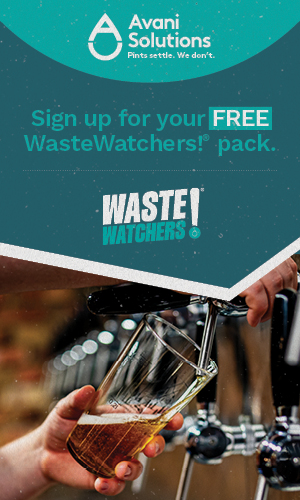UK food companies need to be wary of the EU’s new corporate sustainability due diligence directive, says Martin Baxter.
What is the directive? The European Commission’s proposed directive on corporate sustainability due diligence (Corporate sustainability due diligence) is working its way through the legislative process and is expected to be adopted by the European Parliament and European Council later this year, coming into effect in EU member states in 2024.
What does it do? The directive will require companies to identify, prevent and cease adverse environmental and human rights impacts across their own organisations, as well as those in their value chain. It sets obligations for companies regarding actual and potential human rights and environmental adverse impacts, with respect to their own operations, the operations of their subsidiaries, and the value chain operations carried out by those they have an established business relationship with.
So it’s quite broad then? Yes. For example, those in scope may include ingredient suppliers, agricultural machinery contractors, distributors and those providing financial services.
What do you mean adverse human rights or environmental impacts? These are issues included in international human rights agreements and environmental conventions, such as forced labour, child labour, inadequate workplace health and safety, exploitation of workers, and environmental impacts such as greenhouse gas emissions, pollution, or biodiversity loss and ecosystem degradation.
What does that mean for companies? The directive establishes liabilities for violations of the obligations, including the potential for damages. So companies will be required to:
- integrate due diligence into their policies
- identify actual or potential adverse impacts
- prevent and mitigate potential adverse impacts, and bringing actual adverse impacts to an end and minimising their extent
- establish and maintain a complaints procedure
- monitor the effectiveness of their due diligence policy and measures
- publicly communicate on due diligence.
Why does this matter for UK firms? A key aspect of the proposal is the potential for non-EU registered firms to fall within the scope of the directive. Companies that are registered outside the EU, but which generate €150m (£126m) turnover in the EU will be in scope and need to establish and maintain a due-diligence system. So will companies with over €40m (£34m) or more turnover in the EU if this represents at least 50% of their net global turnover in the following sectors: agriculture, forestry, fisheries (including aquaculture), the manufacture of food products, and the wholesale trade of agricultural raw materials, live animals, wood, food, and beverages.
Anything else to be wary of? Companies that fall outside the direct scope, but are part of the value chain of in-scope firms, will also be caught up, through contractual assurances passed down the supply chain and subject to independent third-party verification to assure performance and compliance.
What should UK food companies do? Those in the food and drink sector need to be aware of the potential impact of the proposed directive, ensuring that they know whether they’ll be directly or indirectly in scope, and have the necessary plans in place if they are.
Martin Baxter is policy and external affairs director and deputy CEO at IEMA.










